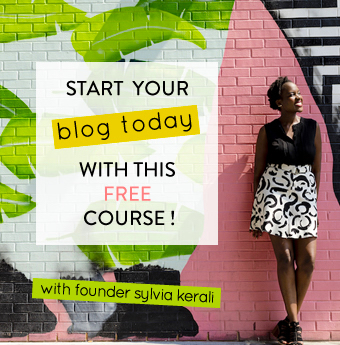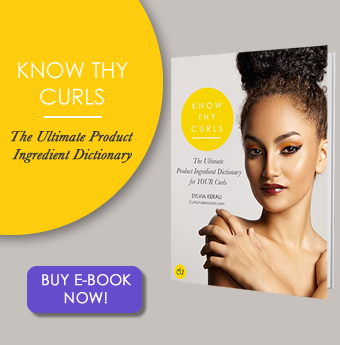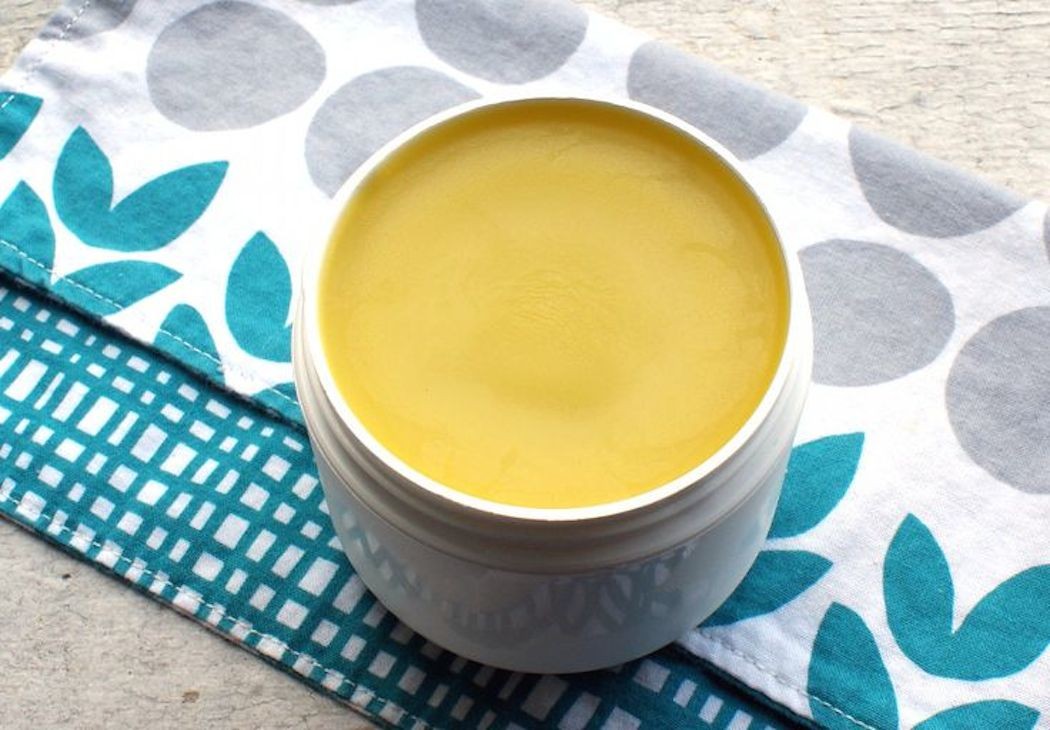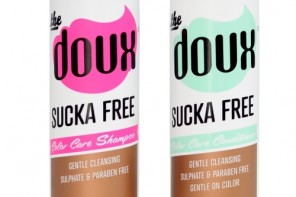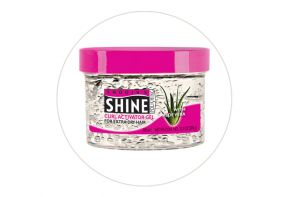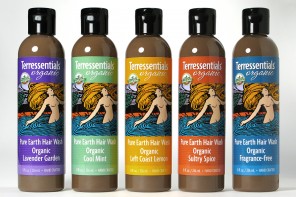In the beginning of my first natural hair journey, I was all about buying only 100% natural or organic hair products. I told myself since I’m natural it is only right to use 100% natural and organic products on my hair. My thought process on this lasted all of three months after my pockets became lighter. I was killing myself going to Whole Foods and shopping online for natural hair products which can be quite expensive. After conducting my own research, I found that it is was ok for me not to have certifiable natural products. Although I do use products that are natural, not all of them are certified by the FDA as a 100% natural.
What’s makes a product 100% NATURAL or ORGANIC?
A product that is 100% natural does not contain any inorganic items or preservatives. However it is not necessarily certified or approved by the FDA. There are some brands that promote natural ingredients in their products and for the most part do consist of mostly natural ingredients, BUT somewhere on the label the list of items may contain parabens, preservatives, or some sort of an inorganic item.
What INGREDIENTS should you stay away from?
There are some ingredients that I try to stay away from such as petroleum, mineral oil, some parabens and alcohol based products. Why do I stay away from those particular ingredients? Here are some of some of my personal issues.
Petroleum Jelly and Mineral Oil have been used for years. Most of us have at some point in our lives used Vaseline or had a parent that used it on us during childhood either for chapped lips or just an overall moisturizer on the skin. There’s an ongoing discussion about whether mineral oil and petroleum are eco-friendly or not, but the main reason I prefer my products to be without them is because they are water-repellant and not water soluble. Therefore it can cause product build up on your hair and usually does not play well with other products if you choose to combine.
The first 3 ingredients indicate what the product mostly consists of.
Parabens are in a lot of beauty products such has shampoos, conditioners, face cleansers, etc. Parabens are usually used to increase shelf life of a product or used as an anti microbial agent. Some people that have sensitive skin prefer not to use these products because they may have a paraben allergy while others may not use them because of the controversial study of parabens resembling estrogen which is linked to the development of breast cancer. For me, it depends on how they are listed on the label. If I see the first few ingredients are parabens, I usually tend to stay away especially if it’s a facial product (but for my hair as well).
I do have sensitive skin so I try to stay away from additives that may have extra color, perfumes, or fillers that usually have no use in aiding in the product’s function. As always, the first 3 ingredients indicate what the product mostly consists of. If there are preservatives listed toward the end, I may give it a try depending on my expectation of the product. This may not be for everyone, but in the past I have overlooked a lot of products because of preservatives, to only discover later on that it worked well for me.
Are all ALCOHOLS bad for your hair?
Products that contain Alcohol are discussed a lot in the natural community. If there is one thing you should know about natural hair, it’s that natural hair needs moisture. Although alcohol is linked to drying out hair, I encourage everyone to take the time to conduct their own research. There are different forms of alcohol. Cetearyl, cetyl, and stearyl alcohols have somewhat of a fatty component to them, sometimes they are found in deep conditioners or products promoting conditioning factors. While isopropyl, propanol, and propyl alcohols are used in some gels, setting lotions, and finishing sprays they tend to dry out the hair and leave it feeling brittle. Fatty alcohols are sometimes referred to as the “good alcohols”. Now I’m not one to make a mad dash for products that contain the fatty alcohols, but I’m not as quick to shun them away either.
So are ALL-NATURAL products the way to go?
I know there are some naturalistas out there that only want to put 100% of natural ingredients in their hair and with all do respect that’s just fine. I encourage everyone to pay attention to any and all ingredients as you will find that there are some products that are completely natural that you could still have a negative reaction to.
There are some products that are completely natural that you could still have a negative reaction to.
Some people have an extreme nut allergy. As most of us know almond oil and other nut based oils are used in a wide variety of natural hair care products. Obviously people with a nut allergy should stay away from those products, but this is another reason as to why reading labels on products is important.
I happen to have a sensitivity to citrus. I know of this because after consuming fruits that are high in citrus, my face usually breaks out in hives, or becomes blotchy. It only took me one time to understand the importance of not only reading a label, but also understanding the concept of knowing that not every natural product is best for you. I used a product that made me have severe itching and burning on my scalp to the point of having scabs all because I didn’t read the label that clearly showed lemon at the beginning of the listed ingredients. I shouldn’t have taken the product at face value just because it was certified as a natural product. For some odd reason I just had this theory that certified natural products could do no harm because its natural right! Well, not so much.
It’s important to pay attention to any fruits, oils, and flowers that you could be sensitive to in general, but especially when you are in the market for buying a natural hair care product as fruits, flowers, and oils are used in a lot of natural products.
FINAL THOUGHTS
This is not to scare away anyone wanting to explore natural products, it’s more to educate you on the importance of reading and understanding the artifacts listed on labels. This doesn’t mean you have to be a mad scientist, but I do promote reading and learning the basics. There will always be a lot of talk about the do’s/don’ts in the natural hair community, but it’s up to you to discover your own style of naturalness. Just because one decides to do the complete opposite of your hair regimen does not make it wrong.
The goal is to achieve and accomplish having healthy hair, it just so happens that it is a natural hair journey that now has unlimited data involving products and information. As always enjoy and embrace your naturalness.
If you’re interested in learning more about the most popular synthetic and natural ingredients listed in hair products on the market today, sign up HERE to learn when our product ingredient dictionary becomes available.
